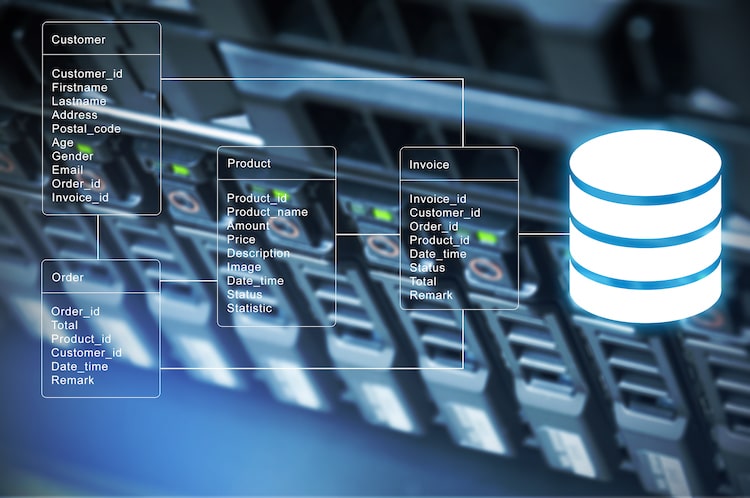Managed Network Services: Enhancing Business Operations

Whether you’re a small startup or a multinational corporation, the way you manage and maintain your network can significantly impact your operations, security and overall efficiency—especially when you’ve got bandwidth-hungry applications to handle and a growing number of devices connecting to your network. Managed network services enable businesses to alleviate routine tasks and focus on strategic initiatives. With a managed network services provider, you can delegate these mundane responsibilities and concentrate on building an IT infrastructure that fuels business growth.
What are Managed Network Services?
A managed network is a communication network overseen and maintained by a specialized third party known as a Managed Service Provider (MSP). With an MSP partnership, businesses engage a third party to handle basic IT operations, including managing complex networking environments, troubleshooting, improving performance levels and operating system maintenance—tasks that were traditionally handled by in-house IT staff.
How do Managed Network Services Differ from Traditional In-house Services?
Managed and traditional in-house services have notable distinctions that make them suitable for different types of businesses.
- Ownership and Responsibility—In a managed network, the organization outsources the responsibility for network management to a third-party provider. In a traditional network, the organization is responsible for all aspects of its design, implementation, management and maintenance.
- Proactive vs Reactive—Managed network providers actively monitor network performance to anticipate issues before they arise. In contrast, traditional network management is often reactive due to time and resource constraints.
- Scalability—Managed service providers (MSPs) can quickly adjust resources to accommodate changing business needs. Scaling a traditional network often involves procuring and configuring additional hardware at a significant cost in time and money.
- Cost Structure—In a managed network, the organization pays a recurring fee to the managed service provider, simplifying budgeting. Costs for a traditional infrastructure include hardware and software, as well as staff salaries, training and maintenance.
| Managed Networks | Traditional In-house | |
| Ownership | Responsibility is outsourced to a 3rd party | Organization has full control |
| Proactivity | Proactively monitor network performance | Reactive due to resource constraints |
| Scalability | Easily scale resources up or down | Flexibility is limited and expensive |
| Cost Structure | Recurring fee payable to the MSP | Responsible for all CAPEX and OPEX expenses |
Choosing a Managed Network Service Provider
Choosing a managed network service provider is an important decision. You want to find a trusted partner capable of managing the entire network infrastructure that your internal teams rely upon daily.
Here are some factors to pay attention to when selecting the right managed network solution provider for your business.
Company Reputation and Track Record
A provider’s track record of handling diverse challenges is a strong indicator of their expertise. Select an MSP that has had its mettle tested. One who is adept at overcoming various obstacles is likely better equipped to handle unforeseen issues with your network. A thorough evaluation of customer reviews, case studies and LinkedIn profiles can provide valuable insights into the experience of each potential partner.
Technical Expertise
This might be obvious, but it still needs to be said: Choose an MSP that does more than monitoring and device management. Your provider’s services should align with your long-term initiatives and deliver integrated security intelligence that aligns with IT infrastructure and back-end technology. To avoid the future cost of technology changes, make sure your MSP can protect your existing investments by requesting a list of platforms the provider is certified to manage.
Customizability of services
Every organization has unique network requirements based on its industry, size, operations and objectives. Look for providers that offer a wide range of services, provide multiple service levels, give you the ability to mix and match and have prepackaged offerings. This kind of customizability allows you to pay for the services and features you actually need, rather than being locked into a fixed package that may not be applicable to your needs.
OneNeck Delivers Customized, Comprehensive Managed Network Services
Choosing managed network services enables businesses of all sizes to secure their digital assets by leveraging new technology and experienced IT professionals.
With industry-leading technology, OneNeck delivers operational excellence and compliance through rigorous, flexible and accessible network management services. Contact us to learn more about our managed security services.
Additional Resources:



